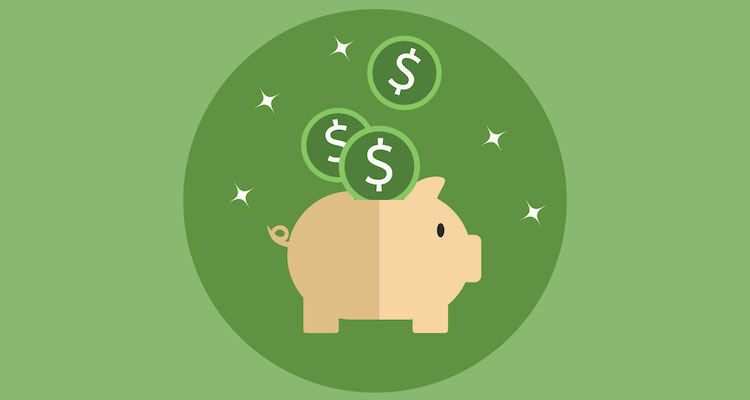There’s no denying it. All business owners need a solid emergency fund. While you are in charge of your own income, it’s bound to fluctuate and you may have some rougher months as a result.
This is why it’s best to be prepared with a fully funded business emergency fund that you can fall back on during lower income months. The term ‘fully funding’ is subjective especially for business owners.
If you’re self-employed or run a business, how big should your business emergency fund really be to provide peace of mind and help you tackle whatever life throws your way? Here are a few questions to ask yourself to help you decide.
Table of Contents
ToggleHow Much Cash Have You Been Using?
Start by considering how much money you’ve been spending in your business over the past few months. What are your monthly business expenses? Also, what do your monthly personal expenses add up to?
If your business is your sole source of income, it’s best to factor in your personal budget as it would be in jeopardy if your income decreased at all.
It’s important to know your monthly numbers so you can then decide how long you’d expect your funds to last. In the worst case scenario, your business could earn $0 for the month. Which expenses would you still need to take care of?
Is Your Business Easily Adaptable?
Next, consider the niche you’re in. Would it be easy for you to pivot and change your products or service offerings if the market changed? Or, do you have a specialized niche meaning it would take time to adapt to any sudden changes in the market?
If your business is diversified, you will likely have a better chance of earning a consistent income. If you have a seasonal business or do work in a very specialized niche, you’ll want to set aside more money.
How Long Would it Take You to Bounce Back?
If you suddenly lost a source of income in your business, how long would it take you to bounce back and replace it? For my business, I feel confident that I could replace a lost source of income within 3 months or less.
I could send pitches to new clients and onboard with them or create new products and service offers in maybe a month or two.
I don’t have a huge team so that means employees aren’t depending on me for a paycheck. Plus, I’m not the only one in my household who can earn an income so I know my husband could increase his efforts and help soften the blow if my income were to drop severely.
Summary – So How Big Should Your Business Emergency Fund Be?
I’d recommend setting aside an amount that makes you feel comfortable and brings you peace. For business owners, it’s best to set aside anywhere from 5 months to 12 months worth of expenses in my opinion.
You can start with two or three months, but you never really know what can happen and it’s better to be overprepared than underprepared.
Store your savings in a high-yield savings account so it can earn interest.












